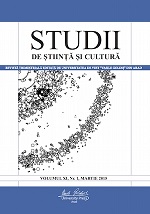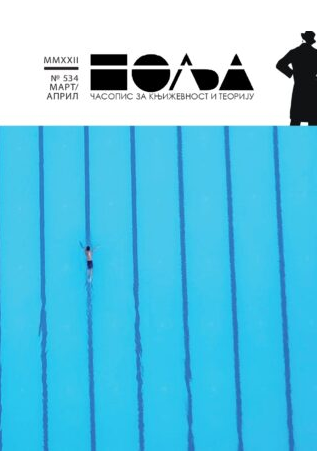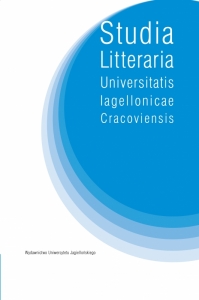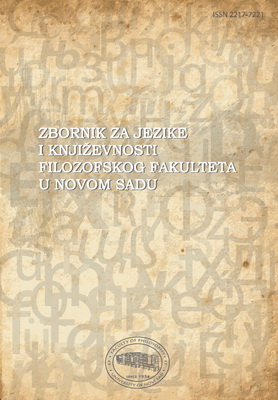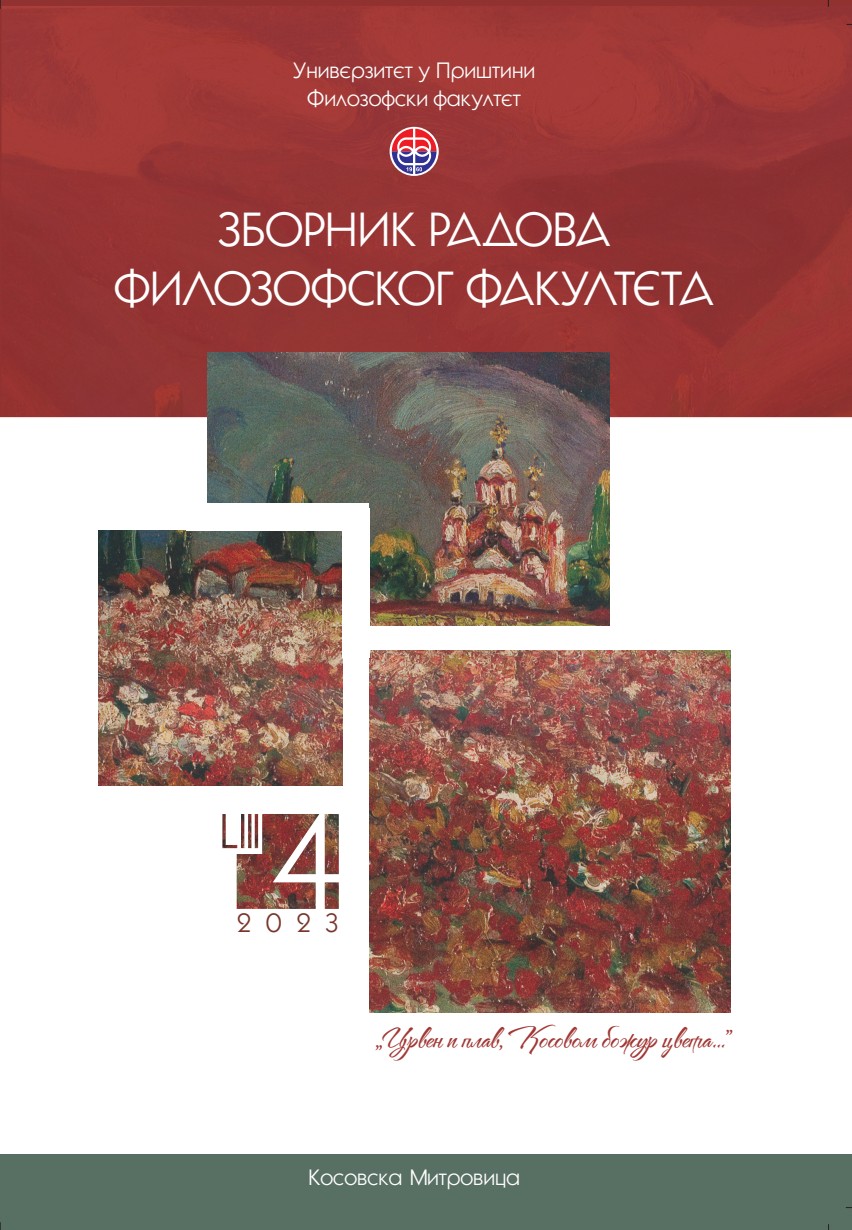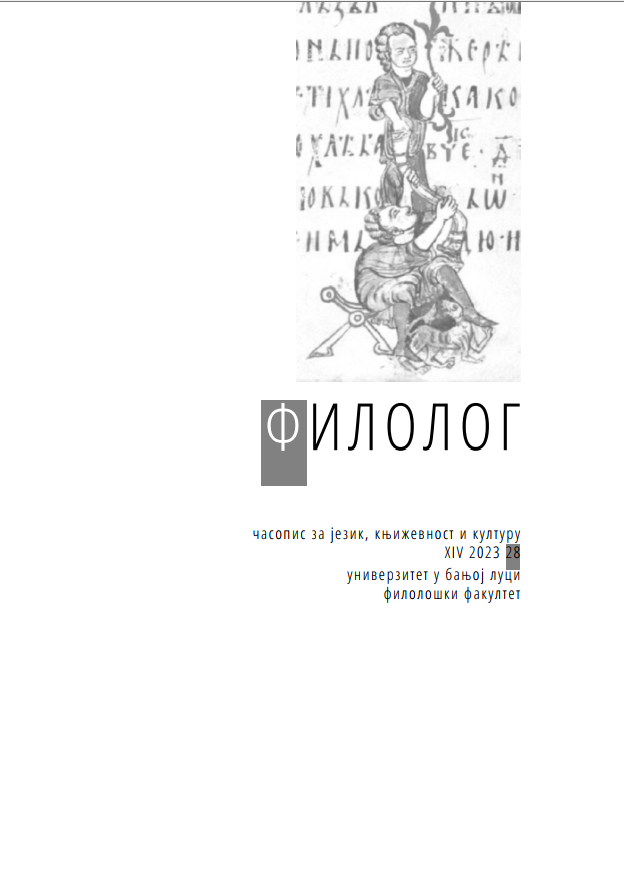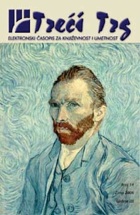Author(s): Bojana Vujin,Viktorija Krombholc / Language(s): Serbian
Issue: 179/2023
With the rejection of grand narratives of history and nation, Postmodernism moves away from tradition into experimentation, and from factual reporting on the past into fictionalised storytelling about it. As popular culture comes into theoretical focus, these two interests coalesce and give rise to a myriad new versions of history, transposed into new forms of art and fitted to the standards of the Turn of the Millennium. This article tackles the ideas and processes whereby historical material is adapted into audio-visual narrative in contemporary television, focusing mainly on the television series The Nemanjic Dynasty: Birth of a Kingdom (RTS, 2018). During the last few decades, literature and popular culture have shown an undisputed, growing thematic interest in history, both individual (which is shown, for instance, by the prevalence of the so-called ‘biopics’ in Hollywood) and collective (as can be seen from numerous historical and pseudohistorical books, series and films, such as Philippa Gregory’s bestsellers, as well as numerous TV shows like The Tudors or Reign). By observing these trends, the authors of the article show that history, as seen through the prism of televisual storytelling, becomes a sign of the times, a reflection of contemporary society and an attempt to satisfy the demands of the current social context. In the course of this process, the idea of actual, historical facts being faithfully presented is either marginalised or completely ignored, while the notion of a new version of history – a more fun, more provocative, more educational version at that – takes centre stage. Through the processes of exotisation and ‘sexsation’ (Kohlke), history becomes both the unknowable Other and an era ‘just like our own’, which is only temporally displaced from our own notions and desires. Furthermore, during politically unstable and charged times, national history is glorified, and the lost past is seen as a more valid, heroic era – this particular form of abuse of both history and nation is more often than not a propagandist tool used to further political agendas and spread the ideology de jour. This approach to history and historiography is viewed in the article as a starting point for the analysis of the television series The Nemanjic Dynasty and its relationship with the national past. In this regard, the series is understood mostly as a reflection of the time of its creation, and as a criterion by which to measure the crisis of a nation torn between the mythologised past and a satirical view of the present.
More...
